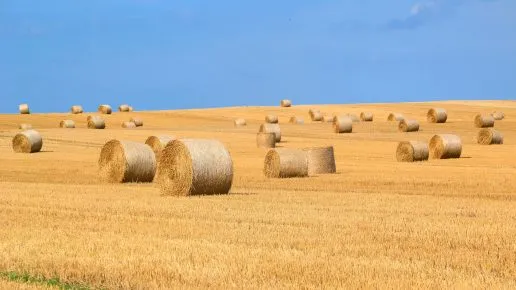Farming Blog November 2024 – by Kevin Prince

Posted 25 November 2024 by Liane Marchant & filed under Legislation
Sorry Dad, Rachel Reeves says you have not worked hard enough
My Father left school at 15 and for 70 years, and counting, has worked pretty much every single day of his life. Until his 60’s he was working an average of 15 hours a day during the week and often longer at weekends. He has never had a holiday abroad and holidays in the UK are a rarity. At 84 he still works more hours a week than many graduates do in their first office jobs.
Why ?- as one of 5 children the only way he could secure a home and then a business and eventually land was to work, work, work. (it seems saying something 3 times makes it fact, fact, fact). Dad (together with the hard work and support of my mother) has done that for his family and with sheer hard work and determination created a family business and small farm out of nothing. That, in my opinion, is Growth, Growth Growth ! However, in the Autumn Budget, the Chancellor, (having stated that they would not increase taxes on working people) reduced a tax relief which has, up until now, protected the ability of small family farms to remain intact and be passed onto the next generation. Does this mean he is not considered a working man?
The effective removal of Agricultural and Business Property Relief has been heralded by many commentators as the death knell for family farms in this country. I do know that farmers are incredibly resilient and so reports of the death of the family farm may be premature – but the decision does show a lack of understanding of the agricultural industry in this country. Ministers are defending the decision by saying that the first million pounds of a farm is still free from inheritance tax, that may sound generous, but it shows how little the current government seems to understand about the economics of small family farms.
Agricultural returns on land are between 0.5% and 1%. Farmers need buildings to store crops, machinery or livestock, so say they have buildings that are worth £300,000 then that leaves £700,000 of land that is free from Inheritance Tax. At the average rate per acre that would be 70 acres. On those 70 acres the average farming business could perhaps make an ANNUAL return of say £5,250. Based upon my father’s hours (even his slightly reduced hours at age 84 ) that equates to an hourly rate of less than £3 per hour. This illustrates how incredibly difficult it is for a farm worth less than £1 million to be financially viable.
Yes, there will be niche producers with high value products who can make a living on small acreages, but I would dearly love to see how much money Politicians could make in a year out of 70 acres of Welsh grassland. For the majority of family farms this means that circa 20% of the land, or maybe more, may have to be sold upon death to pay the tax before the next generation can take over the business, or alternatively take on further debt over a long period to cling onto ownership. The already paper-thin margins will be eroded to the extent that profit is an impossibility.
Is this growth? Is this protecting the working person? Is this sensible for the countryside and for food production?

